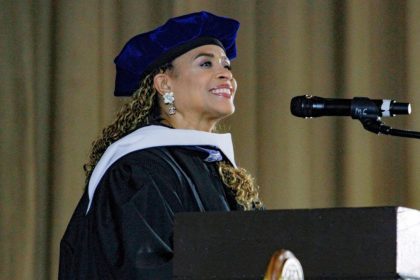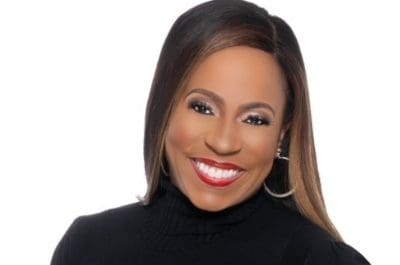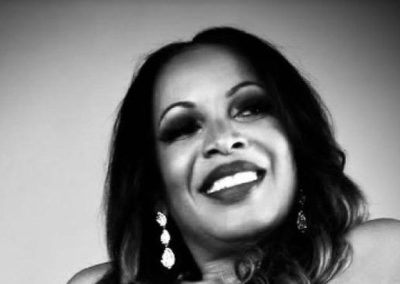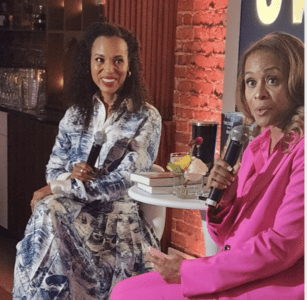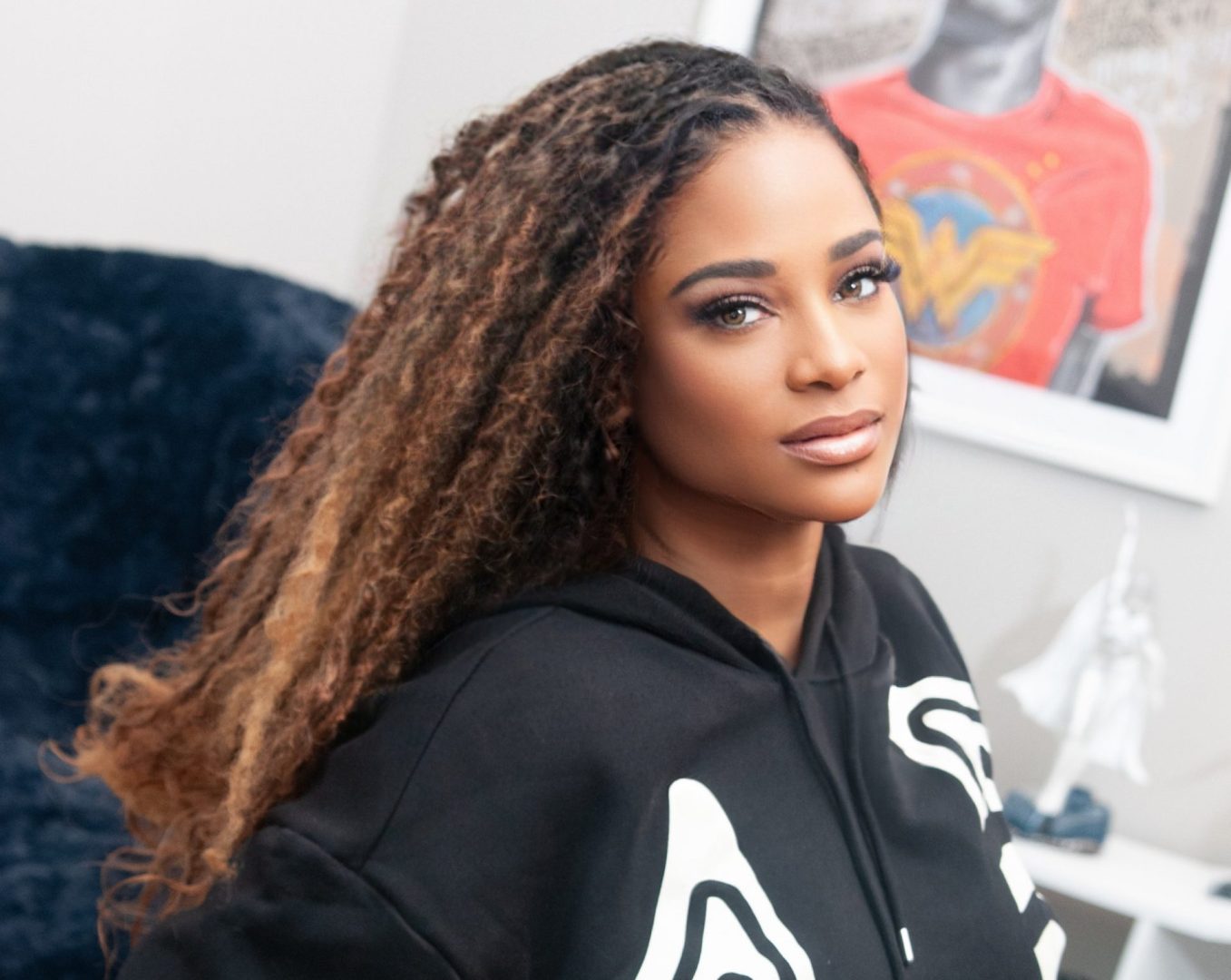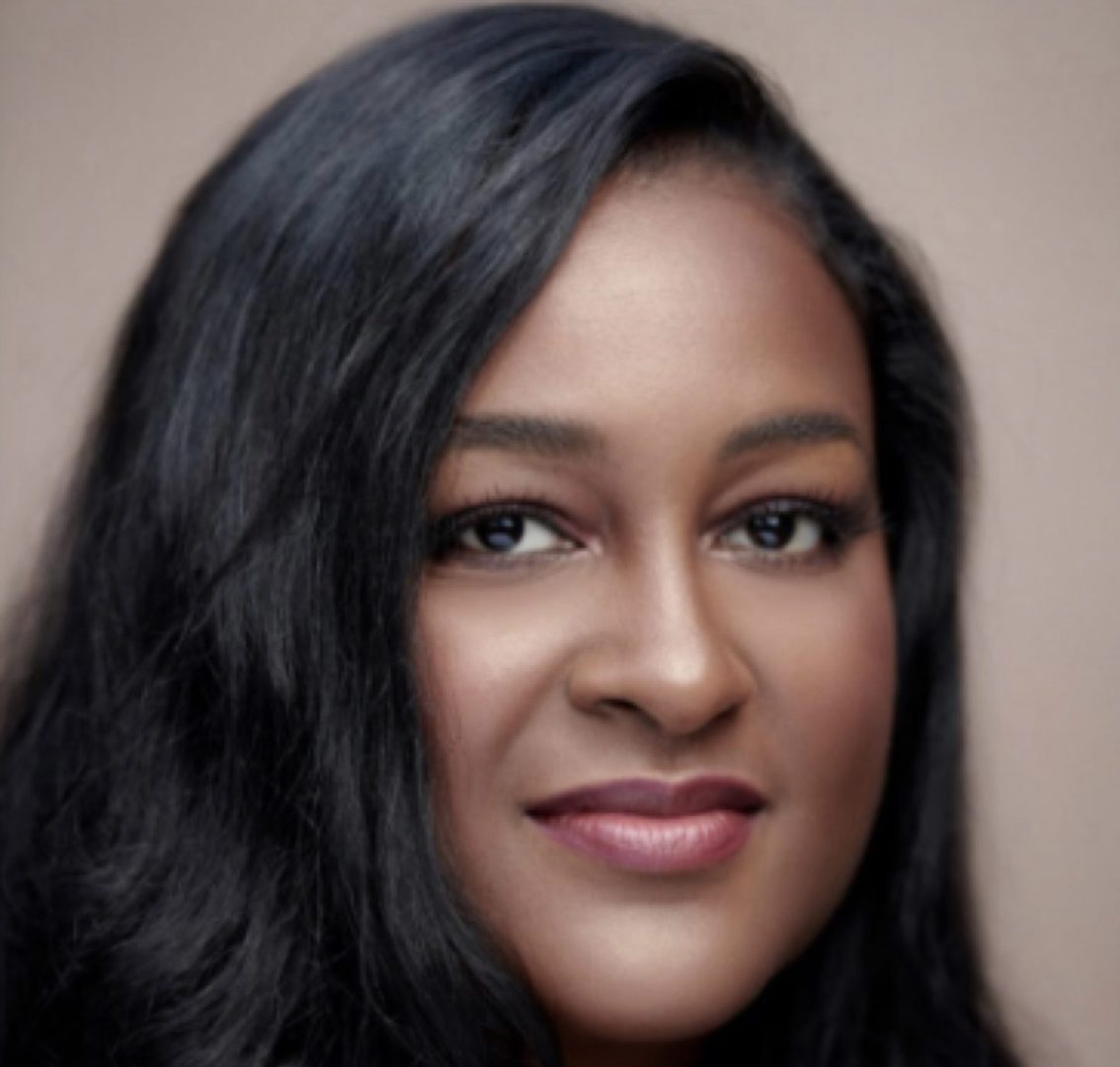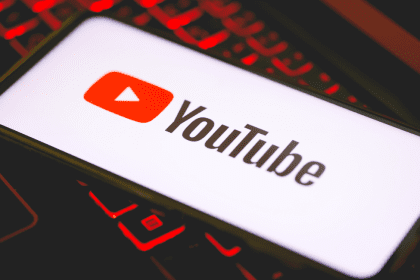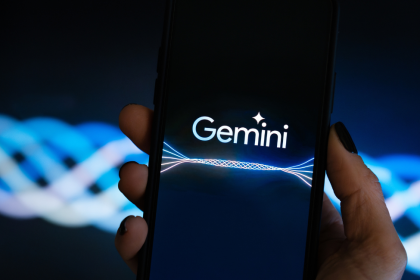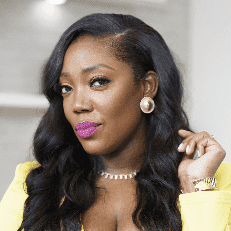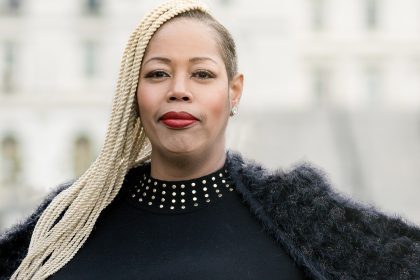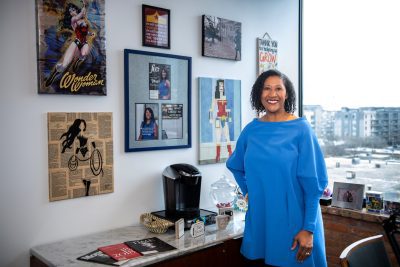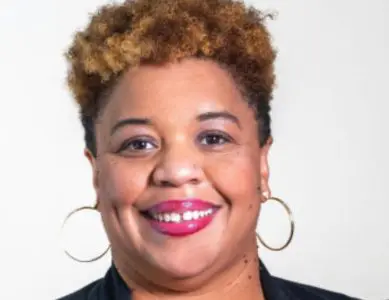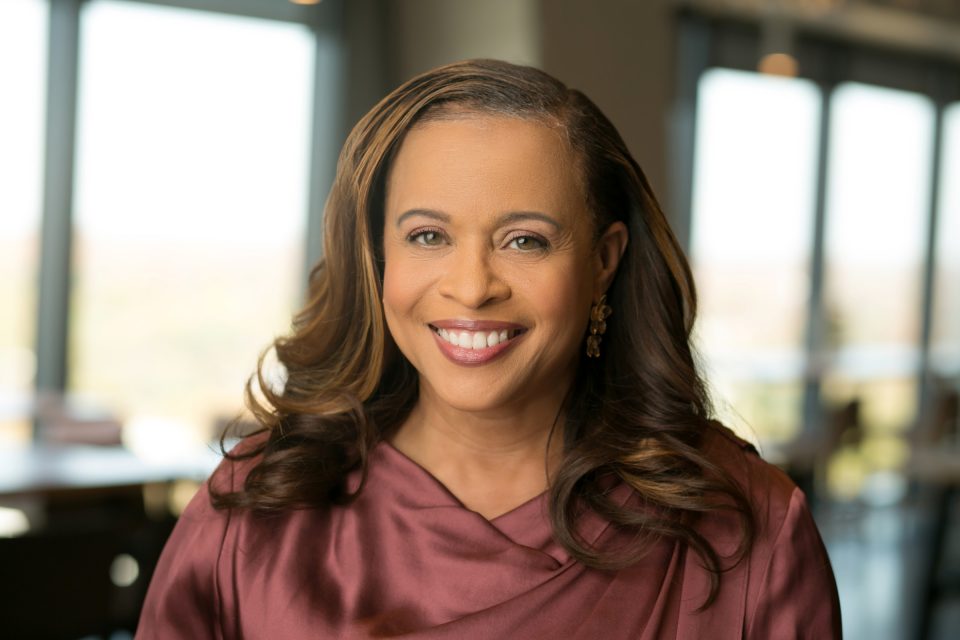
Hampton graduate Melonie D. Parker serves as the Chief Diversity Officer (CDO) at Google and global director, employee engagement. She’s an HR executive committed to innovative, relevant, and contemporary leadership. She’s also an award-winning advocate for change and a passionate thought leader.
Parker received a B.A. in Mass Communications from Hampton University and an M.A. in Human Resources from Villanova University. She was named the 2016 HR Professional of the Year by the New Mexico Society of Human Resource Management. She was recognized with a special recognition award at the 2014 Women of Color STEM Awards, and in 2012 graduated from Lockheed Martin’s Executive Assessment & Development Program.
Rolling Out spoke more with Parker about her expertise in tech, her day-to-day responsibilities and her journey of becoming Google’s CDO.
Please share your journey with us of how you became Google’s Chief Diversity Officer.
It’s a tremendous opportunity, and actually I consider myself more of a chief steward than the chief diversity officer. But I’m a very unlikely person to hold a role [like this] when you think about a traditional background. I grew up in a small town in North Carolina, in a predominantly Black neighborhood. I’m a proud graduate of Hampton University. My brother and I were first-generation college grads and first-generation corporate. I grew up in the aerospace and defense industry, and just came into tech when I joined Google.
But one of the things I recognized was how to add my gifts and talents in the moments that matter. That really helped propel me to lead the diversity organization, and I use all of the skills that I’ve learned across my career in human resources. I’m able to bring the full identity of who I am, and to use the humanity of that, to give voice to people who don’t get to sit in the places that I do.
What are your responsibilities and what does a typical day on the job look like for you?
I lead diversity, equity, and inclusion across Google. I’m responsible for ensuring that we have the most inclusive workplace where people can come and bring the best of who they are and contribute fully across all groups. I also make sure that we’re hiring a diverse workforce so that we’re bringing people that reflect our users, products, and the folks on our YouTube platform, so that we make sure our workforce really mirrors society, so that’s the other part of my responsibility. It’s not just about how we hire, it’s also about how do we progress? I’m looking at what’s the social contract that happens when you join Google? What’s that implied promise of career and development? So, my responsibilities are looking across how talent is developed, how we’re onboarded, and then very importantly, how are we retaining people? [I’m also responsible for] making sure that our products are inclusive and that we’re building diversity and equity into our product design.
Given your expertise and insight, how can we reimagine pathways to tech?
The initial path to tech didn’t include all communities. Now there’s a huge focus on making sure that tech has a workforce that’s truly diverse and really mirrors all communities. So, when I talk about reimagining pathways, that means making sure that we’re looking across all pipelines that we’re cultivating and developing, to make sure that all communities are represented.
If you were giving a speech at Hampton today, what would you say to those graduates regarding how they should approach the world and tech?
I have two Hampton graduates out of my three children, and how I would answer that is by saying, go where you’re embraced and look for how you add value. Know the industry that you’re going into, and really understand the value that you bring. I think sometimes when we’re in underrepresented groups, and when I think about being a Black woman, we quite naturally look for areas where we fit in, but I think that’s a misnomer. We need to look at where do we add, and we need to know that we are the special sauce. We’re trading on ourselves and on our talent, and I think if more graduates understood the value that they bring and that they are the asset, it would help with how we interview, how we showcase our talent, and how we really talk about those accomplishments. Then, always overdeliver.
Continue reading on the next page.

